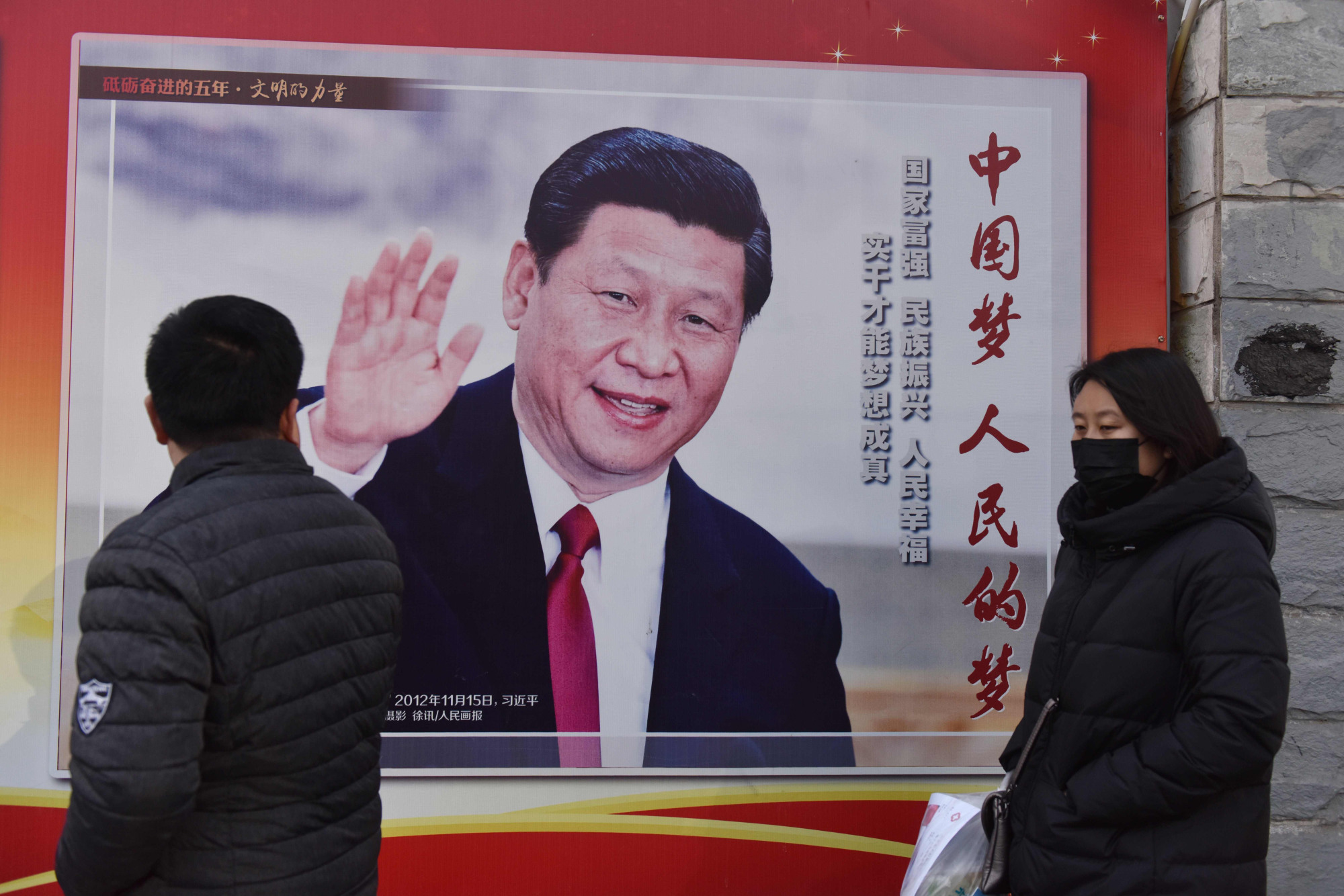The last emperor of China, Pu Yi, abdicated in 1912. He was the 12th emperor of the historically important Qing dynasty, which lasted 267 years. With his departure, two millenniums of empire, usually with a single individual dominating all of China, ended. Since then, the nation has moved toward an authoritarian system under Communist Party control, but has frequently changed leaders since the death in 1976 of Mao Zedong. Over recent decades, the party has observed a limit of two five-year terms — a system that has provided reasonable stability while also allowing some level of change. That era seems to be ending.
In an increasingly predicted maneuver, the Chinese Communist Party's Central Committee is likely to formally abolish the term limit on presidential power, creating the conditions for the incumbent, Xi Jinping, to remain in office indefinitely. Xi will also be bringing in his long-term associate Wang Qishan as vice president, further hampering younger officials from developing centers of political power. This has been foreshadowed for at least two years in a series of "power moves" by Xi, ranging from the harsh anti-corruption campaign (headed by the 69-year-old Wang) that eliminated many rivals, to his appearing in military garb at official events, emphasizing his control of the People's Liberation Army.
While Xi had already established himself as the most powerful Chinese leader since Deng Xiaoping, this latest maneuver is still a radical change, presenting both opportunities and challenges to his nation.



















With your current subscription plan you can comment on stories. However, before writing your first comment, please create a display name in the Profile section of your subscriber account page.